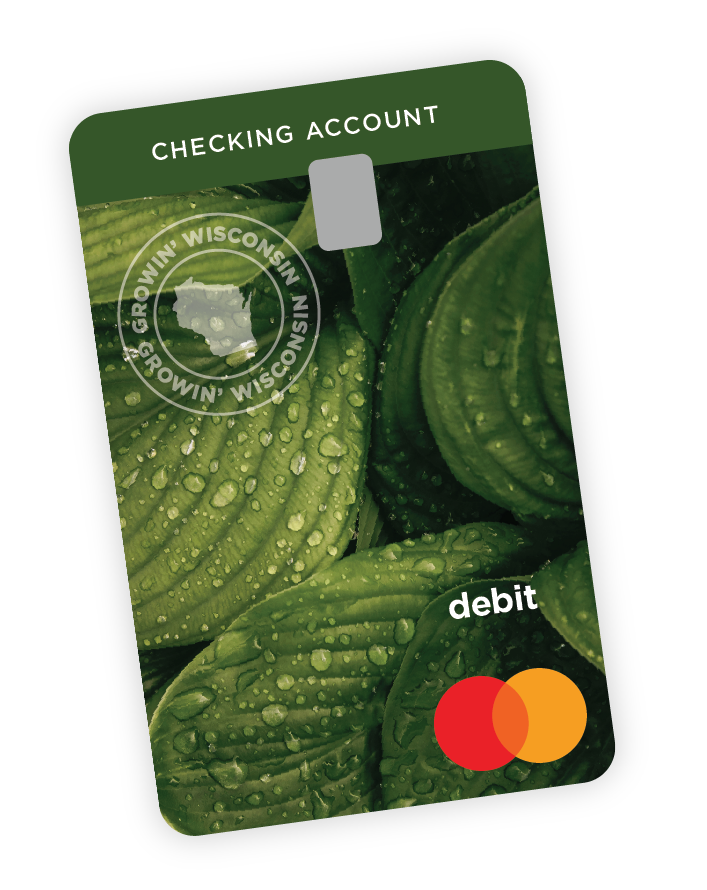October 15, 2024
7 Steps to Stay Safe: Cyber Security Month
Protecting your personal information is more important than ever. With October being Cybersecurity Awareness Month, now is the perfect time to ensure you’re taking the right steps to stay safe. The best way to protect yourself against cybercrime is to stay informed. Here are seven steps to safeguard your information:
- Use More Than One Password Many people reuse the same password across multiple logins, which can expose all of your accounts if one password is compromised. Protect yourself by using different passwords for each account. Avoid writing them down; instead, consider using a password manager to securely store them. Whenever possible, enable multi-factor authentication for added protection.
- Use Stronger Passwords Even if a website is secure, using a weak password puts you at risk. Avoid common passwords like your name, pets’ names, or birthdays—especially if that information is visible on social media. Instead, opt for complex passphrases with numbers and special characters. For example, the phrase “Don’t worry, be happy” could become d0ntwry_Bhpy.
- Beware of Phishing Scams Phishing attacks often target you directly, aiming to trick you into giving up personal information. Be cautious of unexpected emails or phone calls asking for sensitive data like your Social Security number, account information, or passwords. If you’re unsure of the source, don’t engage—never click on links or attachments from unfamiliar senders.
- Avoid Public Wi-Fi to Buy Shopping online requires sharing your credit card or bank details, which can be risky on unsecured public Wi-Fi. If you must use Wi-Fi, ensure the network requires a password and that you’re shopping on sites with “https://” for added security. Additionally, keep your device’s software up to date to safeguard your information.
- Monitor Your Credit Report Your credit score plays a vital role in many areas of your life, from securing loans to renting an apartment. Regularly check your credit report for any suspicious activity or inaccuracies that could signal identity theft. You can access your report for free at www.annualcreditreport.com.
- Be Careful What You Throw Away Before discarding old phones, computers, or other electronics, make sure to remove all personal and financial information. For added security, take them to an electronic recycling event where the devices will be properly destroyed, preventing any sensitive information from being recovered.
- Take Action If you hear about a data breach that could impact your accounts, don’t wait—immediately change any related passwords. This is especially critical if you’ve reused passwords across accounts (which, as a reminder, is best to avoid!). Be sure to report any suspected fraud to the appropriate financial institutions or vendors to protect your information.
Does your Debit Card Need a Security Upgrade?
Get the latest functionality & security by upgrading your debit card.


